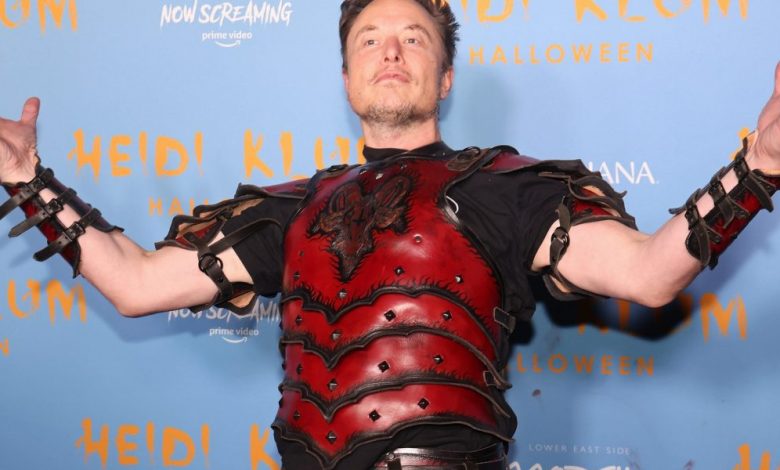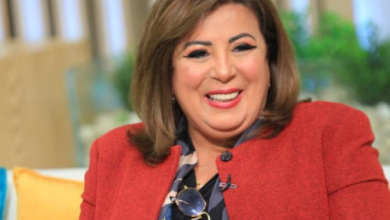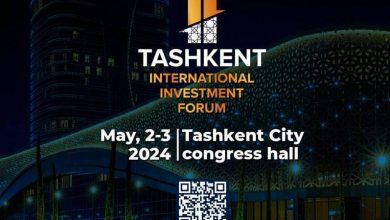FSD recall shows Tesla admits shortcomings, says critic Dan O’Dowd

The tech CEO behind a Super Bowl ad attacking Teslas for being unsafe declared a partial victory after a government agency found that Elon Musk’s self-driving technology increased the risk of a collision.
Green Hills Software’s Dan O’Dowd, who spent $600,000 on 30 seconds of airtime in certain regional markets, said the National Highway Traffic Safety Administration’s (NHTSA) recall of Tesla’s cars equipped with its self-driving software has agreed with him. But the businessman has blasted the proposed regulatory solution as “lamentably inadequate”.
“We’re glad that Tesla has finally acknowledged that the flaws we found in our testing are true and real,” O’Dowd said in a statement Thursday. “In this respect we have achieved our goal.”
On Wednesday, NHTSA released a report saying Tesla had agreed to recall virtually all 362,758 vehicles that had Full Self-Driving (FSD), the $15,000 option package that includes its most advanced feature.
In addition to hundreds of thousands of vehicles in the US, another 20,667 were reportedly affected in Canada. This represents the staggering mass of approximately 400,000 cars in both countries that had activated FSD Beta, according to Tesla.
This week’s recall is the largest single incident of regulatory enforcement against FSD to date. A minor February 2022 recall was issued to fix a roll stop when only about 60,000 cars had the development software installed.
While further regulatory action cannot be ruled out, NHTSA’s immediate criticism of the system was limited to only a few specific traffic situations and not to the performance of FSD more broadly.
Investigation remains ‘open and active’
The US Department of Transportation concluded that FSD-equipped Tesla vehicles were “unsafe at intersections” and, in certain instances, “behaved without due caution.”
The precise nature of the problem, as described by NHTSA, included numerous conditions and caveats that suggest the risks are not necessarily serious. And they’re a far cry from the alarm raised by O’Dowd’s claims of FSD-enabled vehicles.mow down indiscriminately” small children.
“In certain and rare circumstances,” NHTSA wrote in this week’s report, “certain driving maneuvers could potentially violate local traffic rules or customs, which could increase the risk of a collision if the driver does not intervene.”
However, Tesla is not over the hill yet. NHTSA later clarified that this does not close the books of a year-and-a-half investigation that first began in August 2021.
In a statement made available to the Motoring website jalopnik, NHTSA said this recall only addressed specific concerns under the investigation, which “remains open and active. This indicates that further regulatory action could be taken at a later date.
While the US Department of Transportation admitted in its report that Tesla refuted its findings, it said the company nevertheless agreed to conduct a voluntary recall “out of prudence.”
The term recall can be confusing here as neither vehicle actually needs to be taken to a mechanic. All that’s required is an over-the-air software update, which NHTSA said should be distributed to owners in the coming weeks.
Musk faces intense scrutiny, and sometimes even anger, over FSD
However, recalls indicate that action must be taken under federal law and procedure and must be monitored and approved by the NHTSA. Additionally, in such cases, it is illegal to continue manufacturing or selling affected cars until compliance is assured.
That means Tesla can’t just patch the software independently — the issue needs to be fixed to the regulator’s satisfaction. It is currently unclear whether Tesla only has to deactivate FSD in the specific and concrete cases mentioned in the report.
Tesla has been subjected to intense scrutiny of FSD, a technology first unveiled in a 2016 video that is now known to have been deliberately staged after the lead software engineer testified.
It was this video that established Tesla’s claim to be the leader in the self-driving technology industry and first encouraged individuals like Apple co-founder Steve Wozniak to buy the feature back then. Last week, Wozniak accused Musk of being dishonest and misleading his clients.
Lawyers for Tesla have argued that Musk’s renewed failure to deliver on his repeated promises must be viewed as a mere case of failure rather than cheating in comments explaining why critics accuse the CEO of a “fake it till you make it” strategy .
But O’Dowd hasn’t.
“Tesla’s FSD has undermined consumer confidence in self-driving cars at a time when industry and government should develop systems that build public support for autonomous vehicles,” he said.
Learn how to navigate and build trust in your organization with The Trust Factor, a weekly newsletter exploring what leaders need to succeed. Login here.



